With Shogun no longer categorized as a mini series, will this underwritten extension hinder the show in the way Game of Thrones faltered?
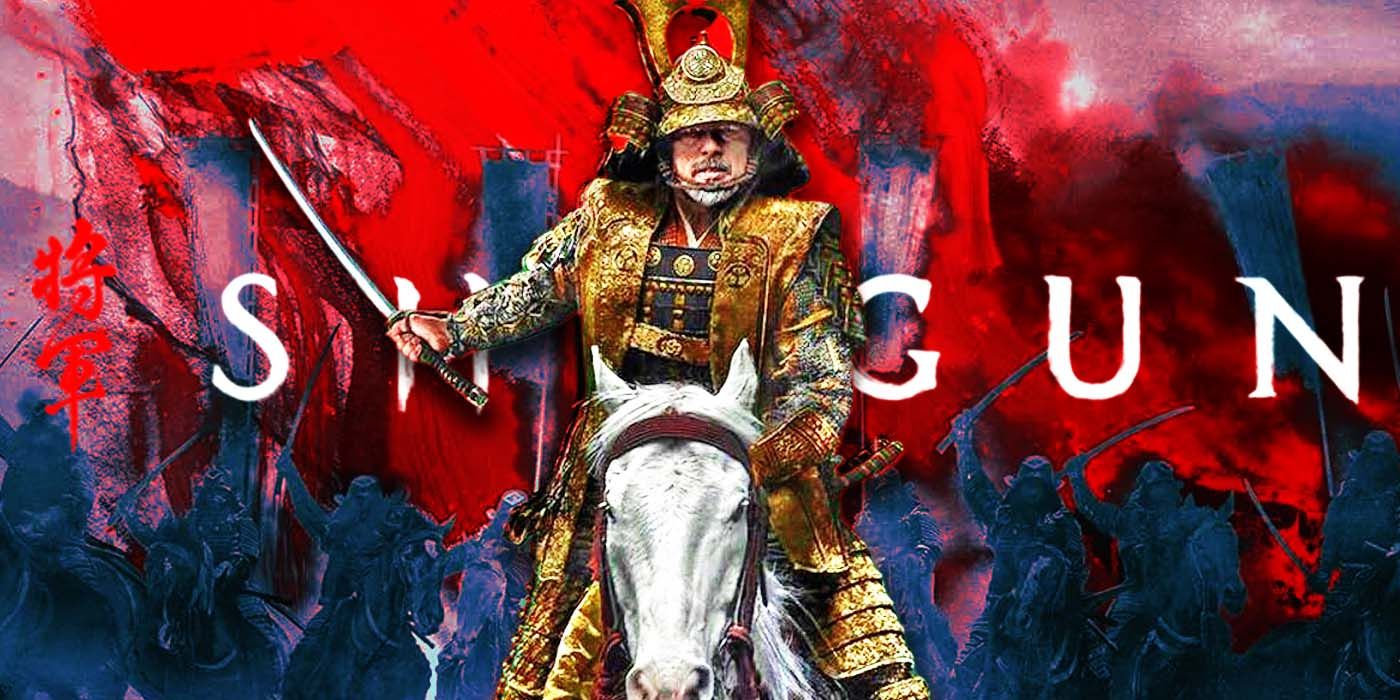
For the second time in television history, an adaptation of James Clavell’s Shōgun has graced screens everywhere to rave reviews. The show’s attention to culture and period authenticity spellbound audiences as they followed John Blackthorne and Lord Yoshii Toranaga through a maze of betrayal, romance, and tragedy within the political machinations of 1600s feudal Japan. The series was praised as being the re-awakening of this era’s Golden Age of television. Showrunners seemed stalwart to stay completely true to retaining the length of the book’s story and not going any further, keeping it contained and compact in the show’s quality. After recent announcements soon after the show’s completion, this will no longer be the case.
FX has approved Shōgun for two more seasons, and it seems that despite the promises of the showrunners to maintain it as a miniseries, Shōgun will continue. This leaves a very big challenge for the showrunners that carries a big sense of foreboding for many avid viewers of high-budget TV dramas. The Shōgun book may be part of a long series called “The Asian Saga” but none of the books are direct sequels to Shōgun and take place in very different places and periods. Book-adapted series that have run out of source material the original writers have had terrible luck on recent television in re-capturing the magic of the source material. Shows like Game of Thrones in its later seasons and The Rings of Power have all seen harsh backlash for their vagueries and narrative choices for skewing the little they had to work with in terms of the source material. So how will Shōgun continue under the shadow of these major franchises that have been hurt by the same developmental problem?
Shōgun Is Determined to Compete With Long Series
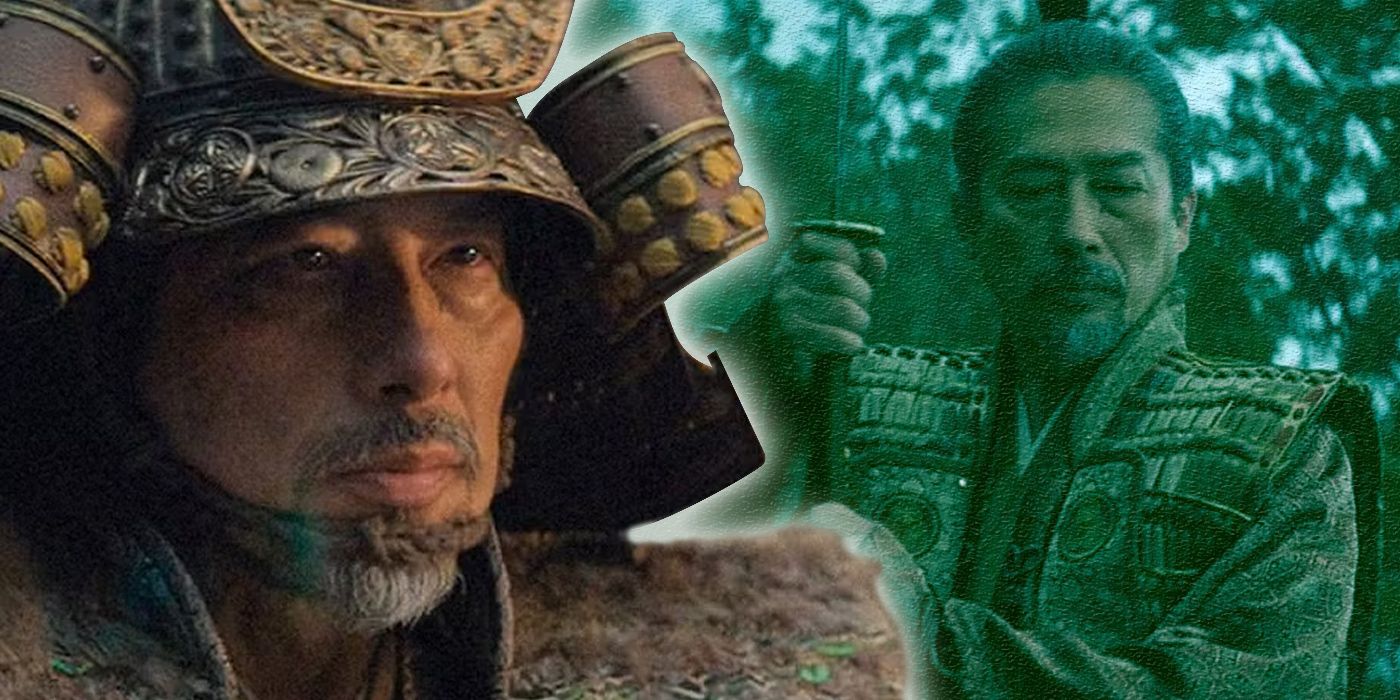
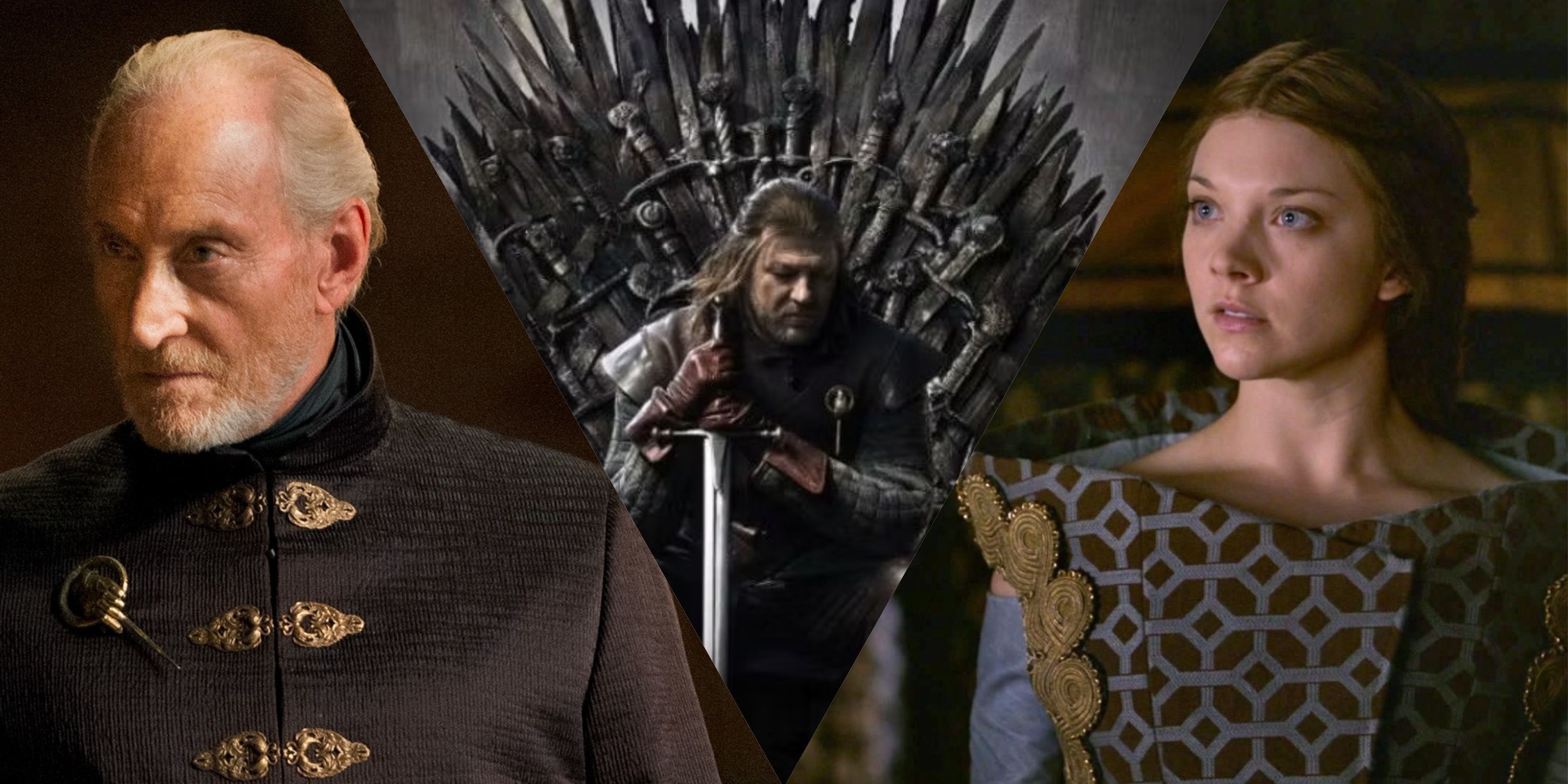
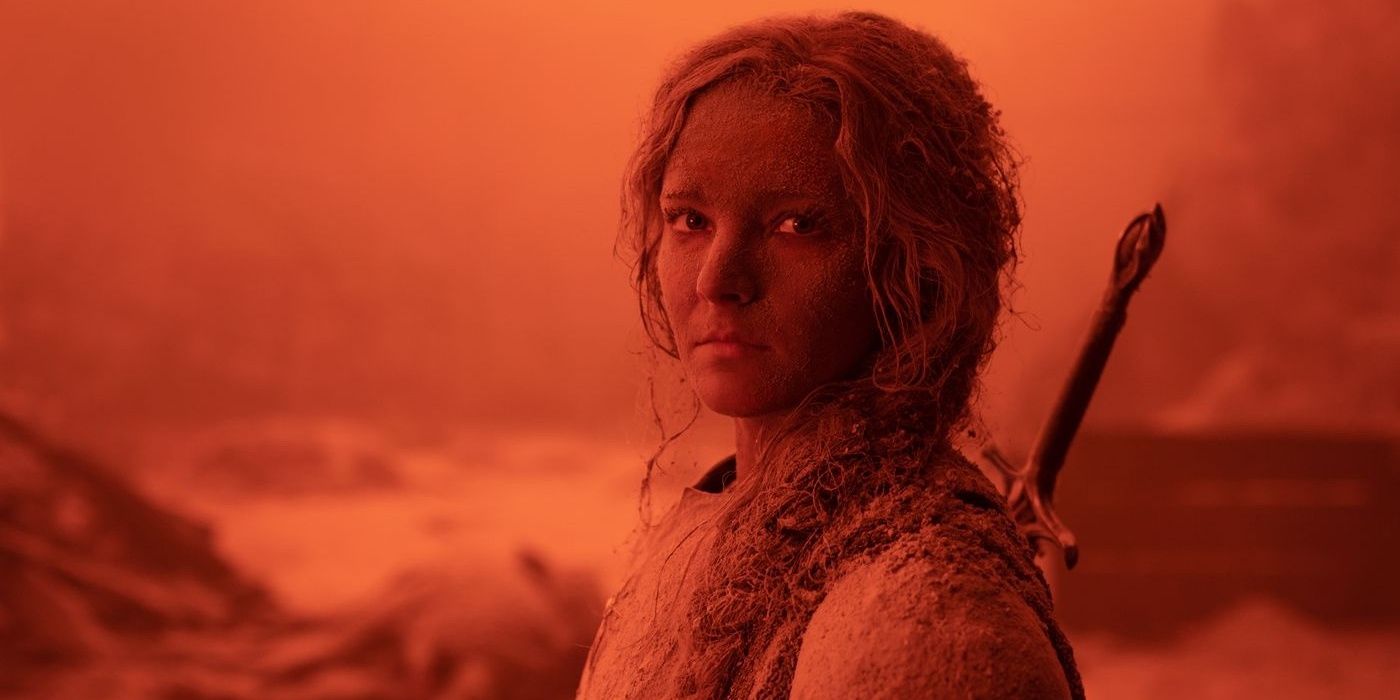
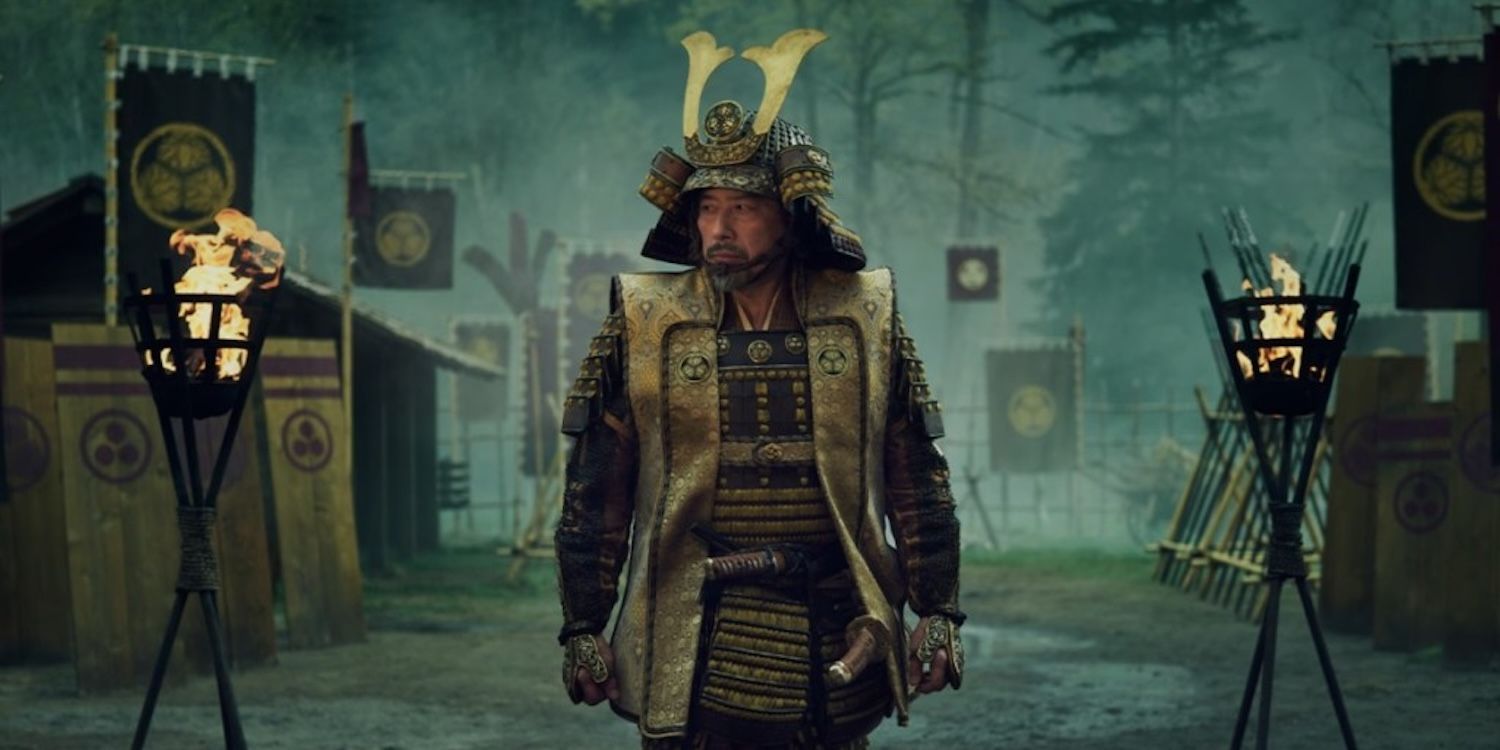
Even though Shōgun is lined up to rake in many awards in the coming season, it was limited by its miniseries categorization which made it harder to show off its prowess as far as golden statues are concerned. However, with the approval of two more seasons, the floodgates are open to it raking in more accolades. Unfortunately, because of the route Hollywood’s history of movie sequels and television has stretched in its franchise battles, it’s likely an easy sell to give a buzzing show like Shōgun an extended run to ride its brand success. To shareholders, it looks good on paper, but to avid fans of television drama, it immediately raises some red flags about the direction the show could take. The first season of Shōgun was supposed to be its only season, and because of that, any material the showrunners will likely be running off will be fragments and stretched-out expansions of the source material.
Those who are fans of the James Clavell novel may be aware that James Clavell had intended to write a sequel to Shōgun, but he didn’t get far before he diverted his attention to writing a novel about the 1979 revolutions in Iran titled Whirlwind in 1986. It’s currently unclear whether he started writing the sequel and if the Clavell estate has his notes and early scribblings of an outline. However, Clavell is known as a writer who writes along the journey of the characters rather than carefully outlining the plot, likely making his notes even less predictable. These uncertainties mixed with his go-with-the-flow writing style pose a huge challenge to future seasons. Although the production team and writing to this point have been solid and true in adapting James Clavell’s characters, will they be able to improvise the narrative well enough without any source material?
There’s Already A Fully-Written Sequel…Of Sorts
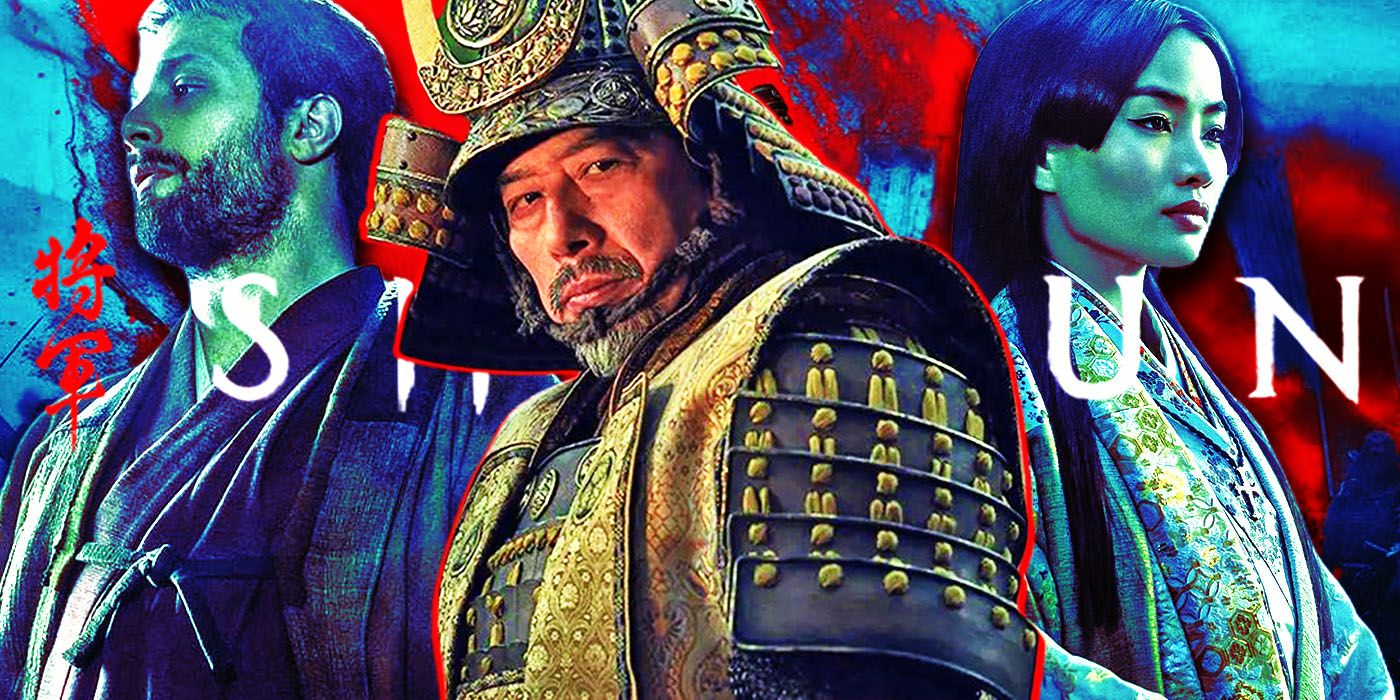
James Clavell’s Gai-Jin is set in 1862.
The Toranaga Clan is still alive and well during the period Gai-Jin takes place.
Although there are no publically-known James Clavell notes or material from his never-made sequel to Shōgun that can be used for a season 2 or 3, the Clavell estate may have some documentation that is yet to be released. However, even if this is the case, there is a perfectly good and completed book in “The Asian Saga” that the Shōgun showrunners could release instead which features the legacy characters and clans from Shōgun. Gai-Jin is a book that takes place 262 years after Shōgun but still retains many of the surviving clan names from the earlier book. Although the story is centered very differently and Japan has grown vastly in its trade with Europe by this time, Samurai Lords are still in power, and entire trade quarters of cities are dedicated to foreign traders.
The intrigues and action in Gai-Jin differ from those of Shōgun but maintain a similar spirit and style to the period and storytelling James Clavell is known for. However, it’s likely FX is already invested in Shōgun‘s incredible cast, and no one can blame them for wanting to ride off of their fan followings and great acting reputations. That being said, some hit shows have made seasons that span generations or contain completely different casts and plot lines that still find great success, so it’s not far-fetched to think that Gai-Jin couldn’t be a better fit for their next series rather than adapting from an already-shown chunk of source material.
The History of Unwritten Sequels And Prequels Is Rough
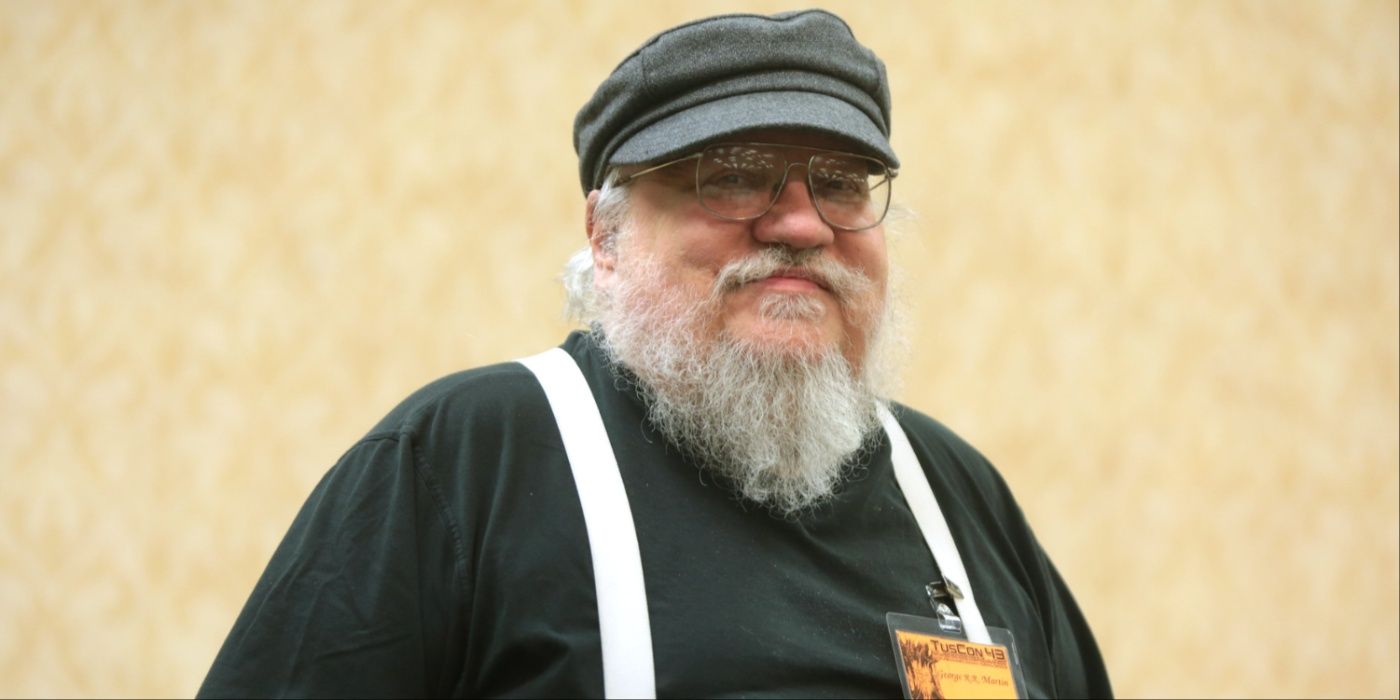
Prime Video could only write about events in The Silmarillion that were specifically referenced in The Lord of the Rings trilogy, everything else could not be added and needed to be created-around.
Game of Thrones Season 8 is rated 6.4/10 on IMDb.
In the last two decades, The Golden Age of Television has seen an unprecedented amount of growth in the breadth of book adaptations it has swallowed up and adapted into television series. Game of Thrones and The Rings of Power have been the most recent of these to fall into an interesting conundrum that Shōgun is about to encounter. How do you continue a book-adapted series when you’ve run out of books or at least source material? In the case of The Rings of Power, Prime Video has had the issue of being caught up in legal red tape with the Tolkien estate about specific parts of The Lord of the Rings properties they could and cannot show. Because of this barrier, they were left to adapt, create, and improvise their way with characters and plot hooks that bled into the main existing The Lord of the Rings books. Even though this leaves the source materials they can adapt in a fragmented state, they have done what they can to create an intriguing start to the series.
Unfortunately for Game of Thrones, George R.R. Martin was not even close to completing The Winds of Winter before the Game of Thrones HBO series reached completion. Although he worked closely with David Benioff and D.B. Weiss in delivering the broader strokes of the series’ ending for them to follow, there were more than enough gaps in the story still left undecided that they were left to fend for themselves and build a season almost solely from what they had developed for television. This did not bode well for them, as many loud fans of the books and show expressed utter disappointment with season 8. With these two very recent examples still fresh in audiences’ minds, and HBO finally repairing its relations with the franchise with the enticing House of the Dragon series, FX’s Shōgun and its showrunners will have their work cut out for them if they are set on creating two more seasons from scratch.





